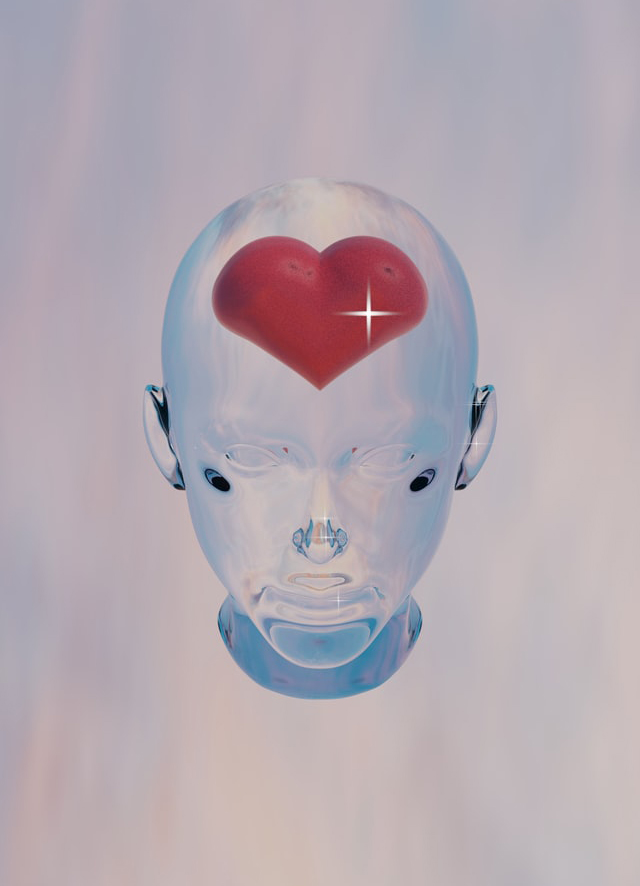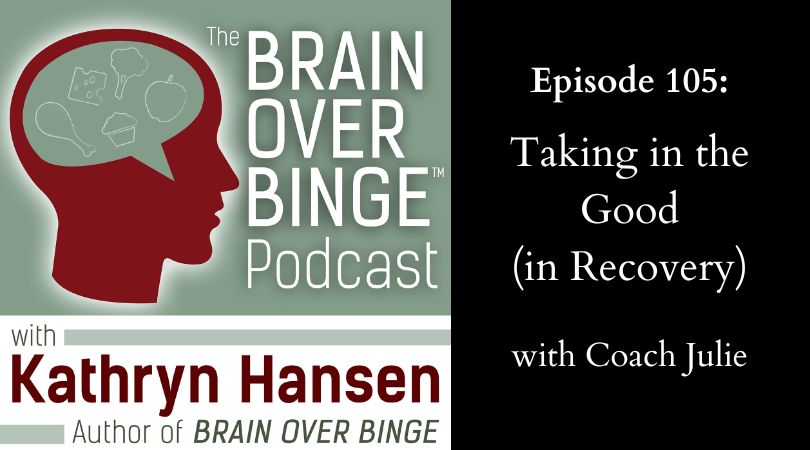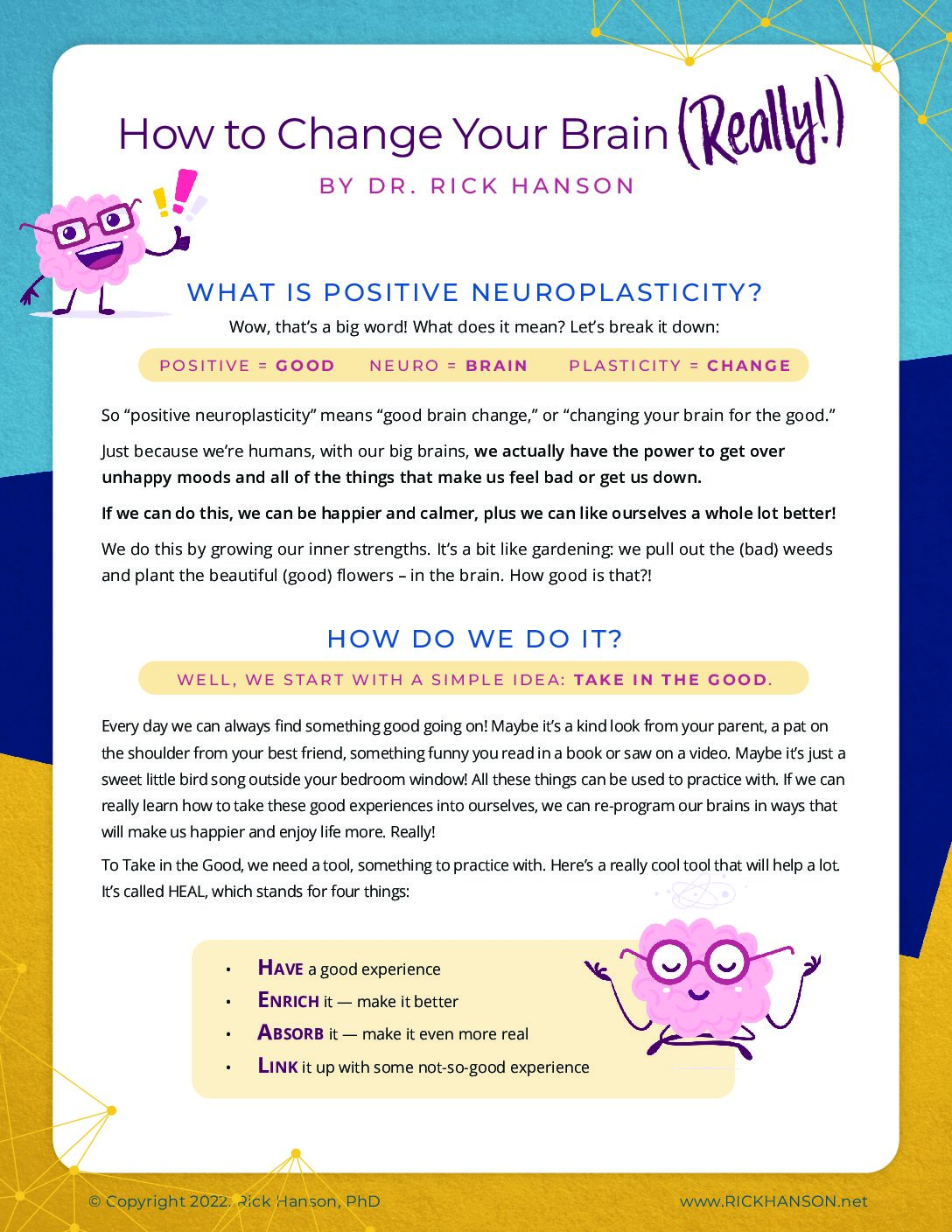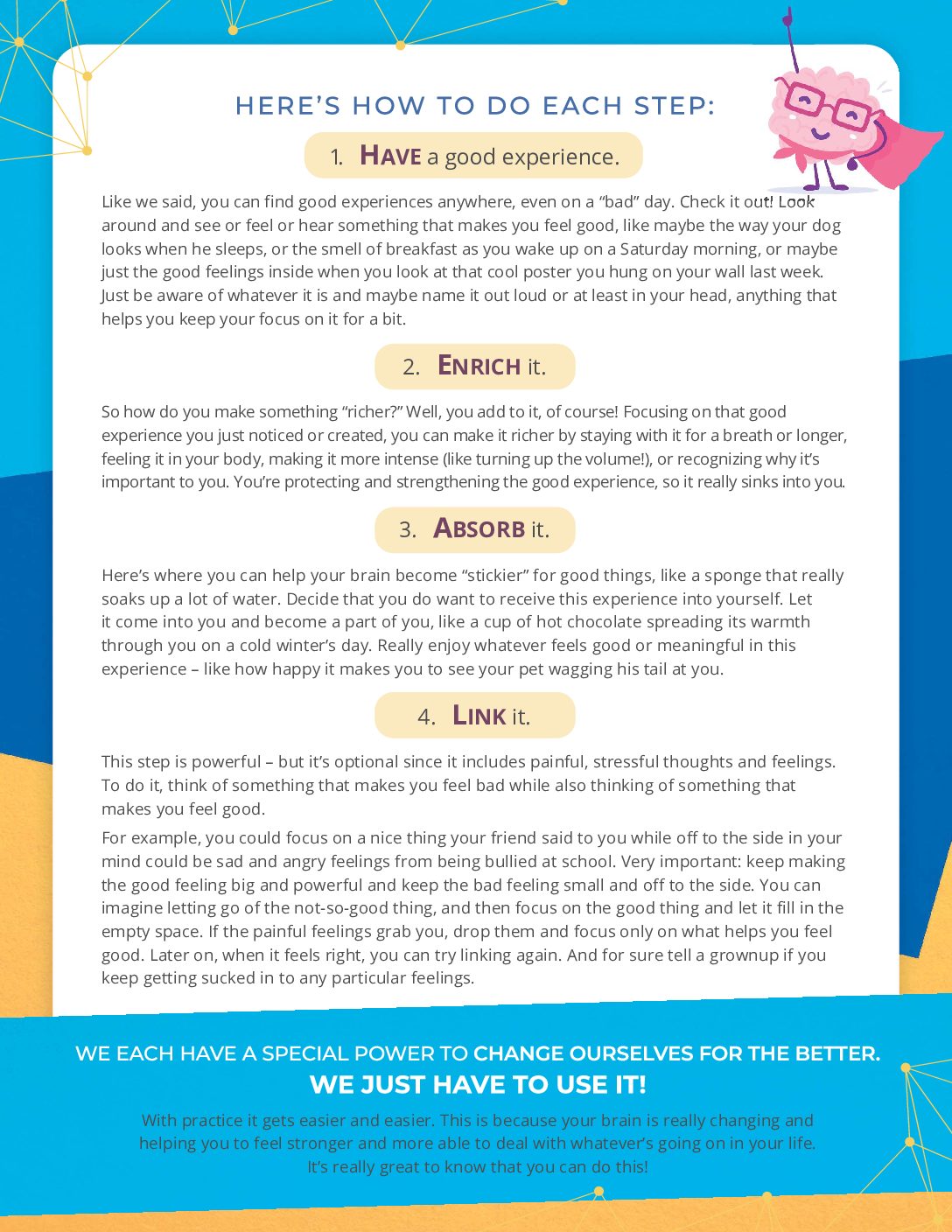Positive Neuroplasticity for Individuals
Personal Practice
Actively using neuroplastic methods to develop inner strengths
Taking in the Good
Much as your body is built from the foods you eat, your mind is built from the experiences you have. The flow of experience gradually sculpts your brain, thus shaping your mind. Some of the results can be explicitly recalled: this is what I did last summer; that is how I felt when I was in love. But most of the shaping of your mind remains forever unconscious.
This is called implicit memory, and it includes your expectations, models of relationships, emotional tendencies, and general outlook. Implicit memory establishes the interior landscape of your mind—what it feels like to be you— based on the slowly accumulating residues of lived experience.

Dr. Nicole Tetreault is a neuroscientist and meditation teacher who combines neuroscience with positive psychology to help people live their best lives. Her website has an informative blog and she also runs an organization that helps incarcerated women learn about meditation, neuroscience and creative writing: Beyond the Cell.
Healthy Brain Exercises
If isolation during COVID is turning your brain to mush, here are some helpful brain exercises to keep you sharp and cognitively healthy.
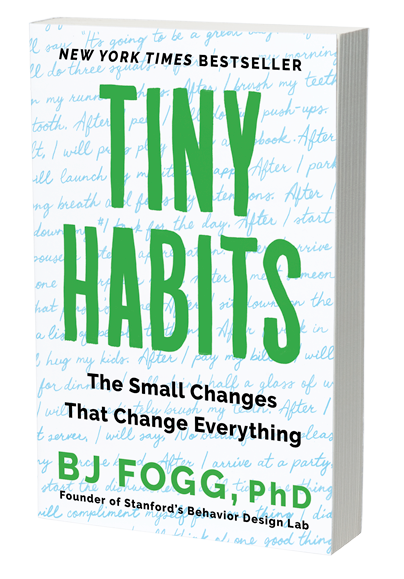
In Dr. B. J. Fogg‘s book, Tiny Habits: The Small Changes That Change Everything, he shows us how to use neuroplasticity techniques to create small changes in everyday life that snowball into long-lasting habits.
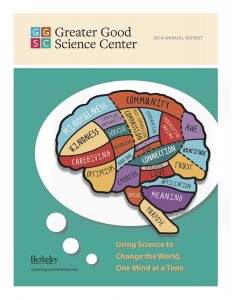 The Greater Good Science Center at the University of California, Berkeley, offers a range of programs, courses, research, and resources that blend psychology, sociology, and the neuroscience of well-being.
The Greater Good Science Center at the University of California, Berkeley, offers a range of programs, courses, research, and resources that blend psychology, sociology, and the neuroscience of well-being.
Their Greater Good Magazine holds a wealth of topics on science-based insights for a meaningful life, including articles, videos, and a podcast hosted by psychologist Dacher Keltner.
Psychologist BJ Fogg’s Ted Talk outlines some ideas and methods in his book “Tiny Habits–The Small Changes That Change Everything.” He encourages celebrating very small accomplishments (even remembering to put your keys away when you walk in the door) to work toward long-lasting change and advocates using celebration as a way to strengthen the synaptic pathways to solidify new habits.
Neuroscientist Richie Davidson talks about how mindfulness can change the emotional life of our brains and why some people’s brains show more resilience than others. He discusses how mindfulness can improve well-being and outlines strategies to boost four components of a healthy mind: awareness, connection, insight, and purpose.
Dr. Davidson’s books, The Emotional Life of Your Brain: How Its Unique Patterns Affect the Way You Think, Feel, and Live–and How You Can Change Them and Altered Traits: Science Reveals How Meditation Changes Your Mind, Brain, and Body, are grounded in research and practical applications.
Just One Thing
Useful practices to hardwire your brain for happiness and well-being.
Notice You’re Alright Right Now
Several times a day, notice that you’re basically alright. Notice that, while feeling alright right now, you can still get things done and deal with problems. The fear that bad things will happen if you let yourself feel OK is unfounded. Let this sink in. You do not need to fear feeling alright!
Trust Yourself
With gentleness and self-compassion, take a look at yourself. Is there self-doubt, holding back, fear of looking bad or failing? If you imagine being your full self out loud, is there an expectation of rejection, misunderstanding, or a shaming attack?
Enjoy The Freedom Not To
Faced with things that grab you in daily life, play with phrases like these in your mind: I’m free not to . . . I’m free not to ___ . . . I’m free . . . there is a choice . . . Slow things down, pause, buy yourself some time. Notice what it’s like to feel freer. Enjoy it. Let this experience sink in.
Grow Inner Strengths
This practice is both simple and authentic. First, look for opportunities to have an experience of the strength. Second, help this experience actually sink into your brain by staying with it a dozen seconds, and get a sense of it sinking into you as you sink into it.
Cling Less, Love More
Pick something specific – like a position about how something should be – and first really cling to it. Insist in your mind that it MUST turn out a certain way. Notice what clinging feels like in your body and mind. Watch your mind and you’ll see it cling to lots of things.
Read More Just One Thing Practices Here
The Neuroscience School offers self-study online courses that utilize positive neuroplasticity to improve areas of your life, such as decision-making, motivation, stress, creativity, and sleep. They also offer live interactive webinars on neuroplasticity.
Brain Over Binge podcast interviewed PNT Teacher Julie Mann about how she uses “taking in the good” with clients to help with Binge Eating Disorder (BED) recovery. She includes practical ways to internalize positive experiences and focus on what is going well as you let go of harmful habits.
 Debbie Hampton used the power of positive neuroplasticity to recover from a traumatic brain injury that was the result of a suicide attempt caused by depression. Her website offers tips and practices for overcoming depression and anxiety, maintaining good brain health, and meditation.
Debbie Hampton used the power of positive neuroplasticity to recover from a traumatic brain injury that was the result of a suicide attempt caused by depression. Her website offers tips and practices for overcoming depression and anxiety, maintaining good brain health, and meditation.
Taking in the Good Visual

PNT Teacher Marina Mandofia-Berney shares a compelling visual for how “Taking in the Good” works. It goes like this:
- Take a glass and fill it with water; this is the representation of your life.
Now, take a teaspoon of soil and add to the water; this will result in dirt everywhere in your glass. - Next, show how you try to remove the dirt from the water with your spoon, (this is focusing on the negative). How inefficient is that?
- Doing this repeatedly, taking bits of dirt and water out, results in mixing the dirt with the water. The result is a cloudy mess; it makes it even harder to try, etc.
- Instead, try this: add water, (these are positive experiences), A LOT of water to the point where the water spills over the glass.
- Just continue adding more water (“good experiences”) until, in the end, the water in the glass is nearly clean water again! All the soil is gone from the water.
This is a visual way to SEE and understand why focusing on the positive makes way more sense than focusing on the negative!
Help from the Inner Caring Committee
“I don’t say that lightly,” says Sarah. “I’ve been engaging with all of the material and have found it all helpful but this concept was something I obviously really needed. I’ve spent time in my therapy exploring this and have created a small installation in my home where I have an object to represent each member of my ICC. I have a photo of this on my phone so I can look at it whenever I need some care! I have also allocated a track to each member of the ICC and have a playlist on Spotify so I can make contact with this resource via music too.”
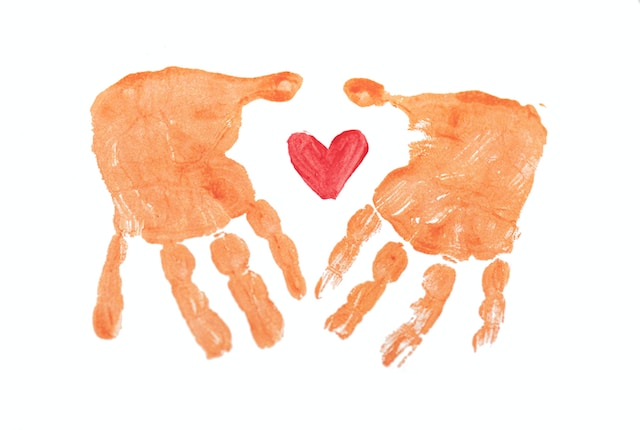
“I would like to say a massive thank you to Dr. Rick Hanson for introducing the concept. Having done this extra work to make my own ICC really tangible and accessible means that I have this now to carry with me into life in a very real way.”
Meditation
back to top
How to Rest in Peacefulness, Contentment, and Love
This Wednesday Night Meditation includes a 33-minute meditation and 59-minute talk and discussion about How to Rest in Peacefulness, Contentment, and Love.
Dr. Judson Brewer is the Director of Research and Innovation at the Mindfulness Center at Brown University. A psychiatrist and expert in mindfulness training for addictions, Brewer has developed and tested novel mindfulness programs for behavior change. He has also studied the underlying neural mechanisms of mindfulness using standard and real-time fMRI, translating these findings into clinical use.
Dr. Richard Davidson combines neuroscience, contemplative traditions, and skill-based learning methods in his Healthy Minds Program, offering practical exercises to increase awareness and insight, and train the brain to be less reactive.
His free app offers guided meditation practices, podcast style mindfulness lessons, and a register to chart how your brain changes over time.
Without steadiness of mind, it’s difficult to be productive, peaceful, or helpful to other people. To aid in cultivating a more steady mind, Dr. Rick Hanson offers 3 ways in which you can work with it.
This exercise, developed by researcher Helen Wang at the Center for Healthy Minds at the University of Wisconsin, Madison, helps strengthen feelings of concern for the suffering of others.
Practicing mindfulness with an everyday activity like walking helps train the brain to be present through our daily lives. This practice was developed by mindfulness expert Jon Kabat-Zinn.
Breathing is the one thing always available to us as a focal point in meditation. This guided practice with psychologist and meditation teacher Tara Brach helps us relax and awaken in the body.
This practice, from psychiatrist and researcher at the Mindfulness Center at Brown University, Judson Brewer, allows us to observe anxiety and stress with curiosity instead of judgement.
Get 3 FREE Meditations
to hardwire more happiness, calm, and confidence into your brain and life from Dr. Rick Hanson.

Every Wednesday
6-7:30 pm PT / 9-10:30 pm ET
Much research has shown that meditation is a powerful way to develop greater resilience, compassion, and happiness – as well as strengthen the immune system and promote other health benefits.
Join Dr. Rick Hanson for a free online weekly meditation, talk, and discussion. Everyone is welcome, and no background in meditation is needed. Dr. Hanson draws on modern psychology and brain science, as well as the penetrating and pragmatic teachings of the Buddha.
For Kids
back to top
Hey Kids: Learn Fun Facts About Your Brain Here!
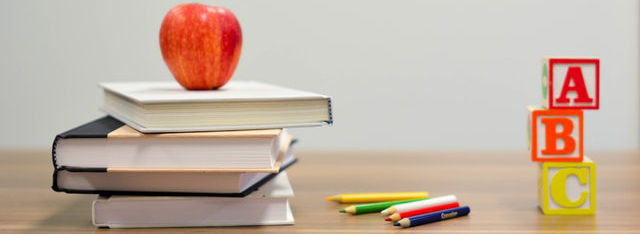
Kids Guide to the Brain
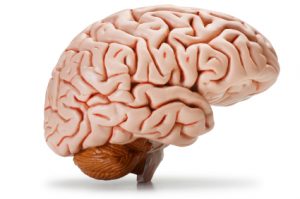
Did you know your brain is a squishy ball of tissue that weighs just under one pound? It’s like the central operating system of your body – without it you wouldn’t be able to think, move, play, or anything else. Good idea to take care of that important organ in your body. Learning about the brain helps you understand why it’s so important to take good care of it.
Focused Kids

Want to make school and learning how to pay attention fun? Kathy Hegberg teaches kids aged 0-12 basic focusing skills using puppets and simple calming and focusing techniques. Kids learn about their brain and how to self-regulate and focus their attention. The goal is to have a positive affect on your brain as it’s developing, making you smarter, healthier, and happier! How good is that?
Brain Facts
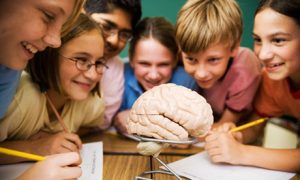
Did you know the human brain is over 3 times as big as the brain of other animals with a similar body size? Why is that?
And did you know that the nervous system includes the brain? As well as your spine and parts of your eyes? It’s all connected!
Find answers to these questions and learn all sorts of interesting things about the brain at the Science Kids page.
Neuroscience for Kids
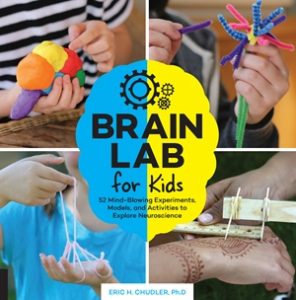
Doing a research project on the brain for your science class? Dr. Eric Chudler is a neuroscientist in Seattle and he’s put together a treasure chest full resource for kids to study the brain. He explains why the brain is like a computer inside your head – and lots of other interesting facts.
How Your Brain Works
This video uses craft to show us a hands-on way to learn how your brain operates.
The Truth About Your Brain
This video draws funny pictures of the brain and why we should like and respect our own brains.
Mindfulness For Teens
Watch Adim Avin’s keynote speech at the Broward Mental Health Summit!
Teen mental health advocate, Adam Avin, created the Wuf Shanti Children’s Wellness Foundation in 2012, a non-profit that teaches mindfulness to kids 3-17 years-old so you can be as happy and healthy as you deserve to be.
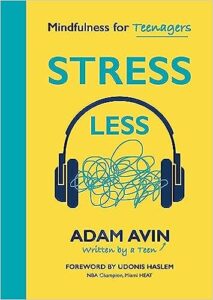 In 2023, Adam is releasing his first book, Stress Less: Mindfulness for Teenagers. He is a strong believer that mindfulness is the key to coping with stress, pressure and the strong emotions that the teenage years often bring.
In 2023, Adam is releasing his first book, Stress Less: Mindfulness for Teenagers. He is a strong believer that mindfulness is the key to coping with stress, pressure and the strong emotions that the teenage years often bring.
In the book, he walks you through the reasons why stress and pressure are bad for your body and mind. He’ll teach you what mindfulness is and how to develop a mindful mindset so that you can be in the moment and focus on the present, rather than worrying about the past or the future.

